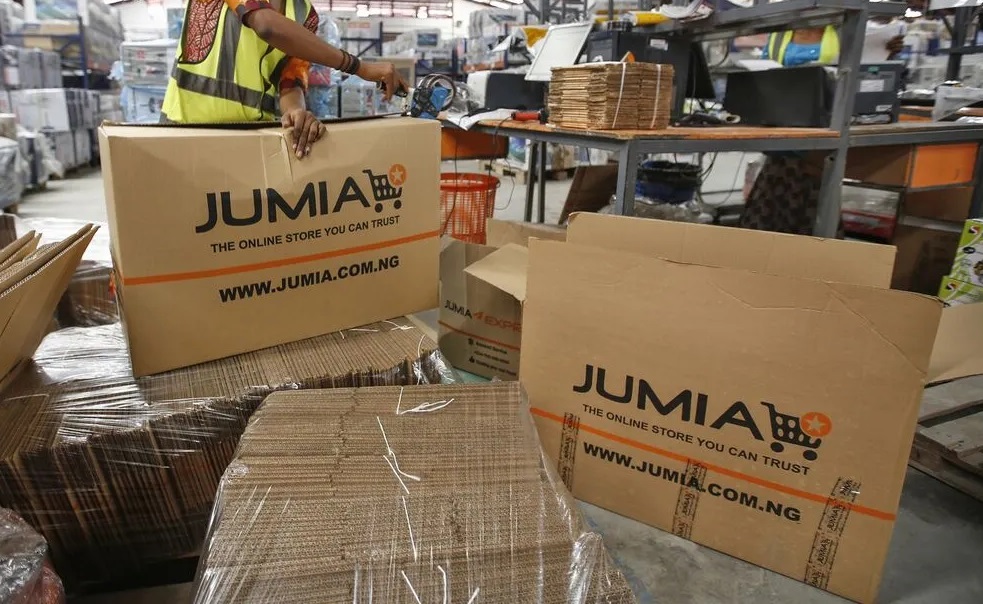Jumia’s New Battlefront: How Africa’s e-Commerce Pioneer Is Taking on Shein, Temu and the Global Trade War

In the bustling markets of Lagos and the digital storefronts of Abidjan, a quiet battle is unfolding for the future of African e-commerce. At the center of it all is Jumia, the homegrown tech pioneer once hailed as “Africa’s Amazon.” But this time, its rivals aren’t fellow African startups, they’re global heavyweights – Shein and Temu, Chinese-founded giants rewriting the rules of online retailing.
Over a decade Jumia has been the face of Africa’s digital retail revolution, navigating power cuts, patchy logistics, and a growing middle class eager to click and buy. Yet as the US–China trade war reshapes global commerce, a new wave of opportunity and competition arrived its doorstep.

Shein and Temu, fast-fashion and ultra-discount platforms respectively, have already stormed markets across the US and Europe with their blend of trend-driven designs and rock-bottom prices. But as Washington tightens tariffs on Chinese goods and cracks down on their trade routes, these companies and thousands of Chinese vendors behind them are quietly shifting focus toward emerging markets, especially in Africa.
Nigeria, with its 220 million people and smartphone-driven youth culture, is a natural target. Côte d’Ivoire, Kenya and Egypt are next on the map. Yet Shein and Temu face a challenge of Jumia being the e-commerce giant in Africa, Africa’s fragmented infrastructure, uneven internet access and complex customs’ regimes.
To stay ahead, Jumia is betting on what these foreign competitors lack. The deep local presence and trust. The company is ramping up partnerships with local merchants, tightening delivery networks and integrating more flexible payment systems that work with mobile money, not just credit cards. The onsite advantage of Jumia is hinge on the notion that global players can ship cheap clothes, but they can’t ship trust and the buy psychology of customers.
Jumia’s strategy also reflects a broader economic story. As Chinese factories look for new buyers beyond the West, Jumia is positioning itself as the gateway for Chinese goods into Africa, offering logistics, warehousing and payment processing that bridge the gap between Shenzhen and Sokoto, for instance. In effect, the company could become both a competitor and a partner to the very firms threatening its dominance.
The evolution of online retail store in Africa softens the landing consumption needs of millions of African families, creating a tale of aspiration. A young mother in Abidjan might scroll through Temu for baby clothes, while her teenage daughter might prefer Shein’s fashion drops: and in same vein, her husband could choose to order household supplies on Jumia’s app. Each tap and purchase reflects beyond convenience to a shift in identity and taste of global civility.

Yet behind the glossy screens are political and social tensions. Governments are increasingly wary of foreign platforms that could dominate local markets or bypass import duties. At the same time, consumers are demanding faster delivery, fairer prices and more African-made goods. Jumia’s balancing act between foreign suppliers, local economies and global trade politics, could be a joker of its next level.
As Washington and Beijing trade blows over tariffs and technology, Africa has become an unexpected front line in the digital economy. Jumia is taking-on the challenge to hold its ground while turning geopolitical friction into opportunity. If she succeeds, it won’t just be an e-commerce victory but will be defining the rising moment for African enterprise in the 21st century.






